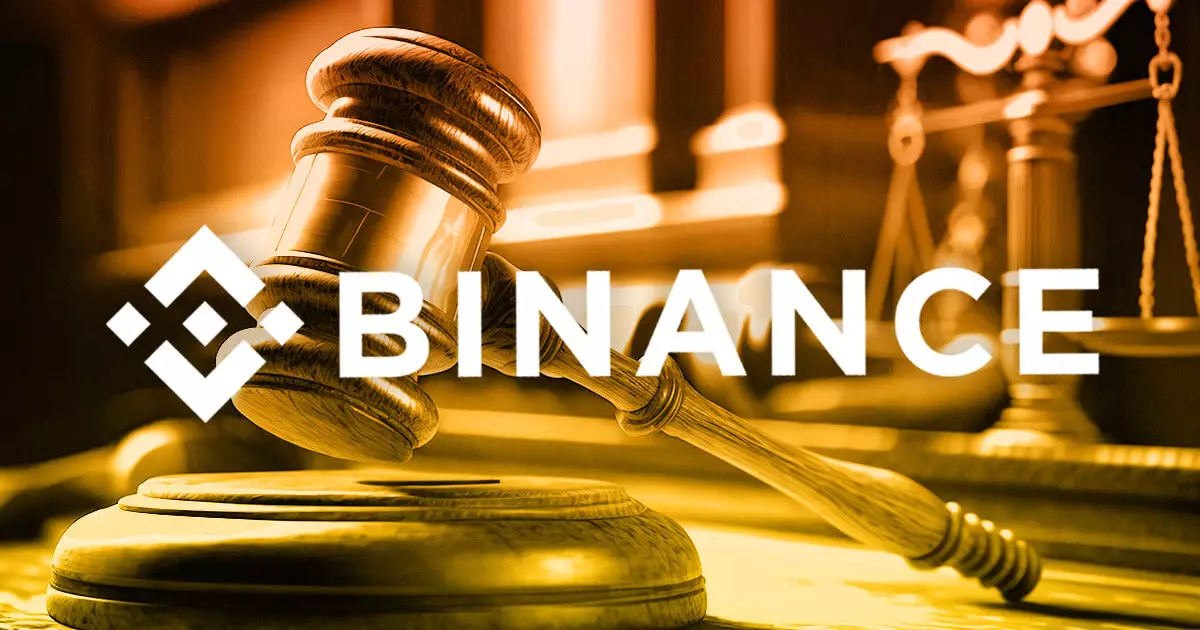Binance, the world’s largest crypto exchange, has been dealing with a growing number of regulatory hurdles in various countries such as India, Canada, and the United States. Most notably, the Financial Intelligence Unit (FIU) of India recently fined Binance 188.2 million Indian Rupees for failing to comply with the nation’s Anti-Money Laundering (AML) regulations. The FIU discovered that Binance was operating in India without meeting the required obligations and violated key provisions of the Prevention of Money Laundering Act.
Another major regulatory challenge has come from Canada, where Binance is contesting a $4.4 million fine imposed by the Financial Transactions and Reports Analysis Centre (FINTRAC). This penalty was issued due to Binance’s breach of AML and Counter-Terrorism Financing (CFT) regulations. FINTRAC specifically highlighted Binance’s failure to register as a foreign money service business and report transactions exceeding $10,000. Despite Binance’s argument that it does not directly offer services in Canada and that its attempts to establish operations in the country did not succeed, the fine still stands.
In the United States, Binance faced a setback when its subsidiary, Binance.US, had its license as a money transmitter in North Dakota revoked by the state’s financial regulator. The regulator cited Binance’s non-compliance with local regulations and referenced Changpeng Zhao’s federal conviction as additional grounds for halting the firm’s operations in the region. Zhao, who is Binance’s co-founder and the owner of the US subsidiary, is currently serving a four-month jail sentence in the United States for violating local financial regulations.
Binance’s increasing regulatory challenges in India, Canada, and the United States highlight the importance of strict adherence to AML and CFT regulations in the crypto industry. As governments around the world strengthen their oversight of digital asset exchanges, it is crucial for platforms like Binance to proactively engage with regulators and comply with the evolving regulatory landscape to maintain their operations and reputation.

